Principles of law have been lost to the ‘baying mob’ all through the Lehrmann saga
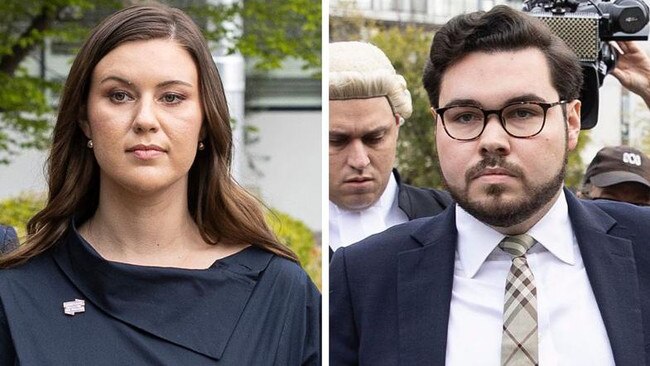
In this matter we have seen commercial and political motivations take precedent over the pursuit of justice within the framework of the criminal justice system.
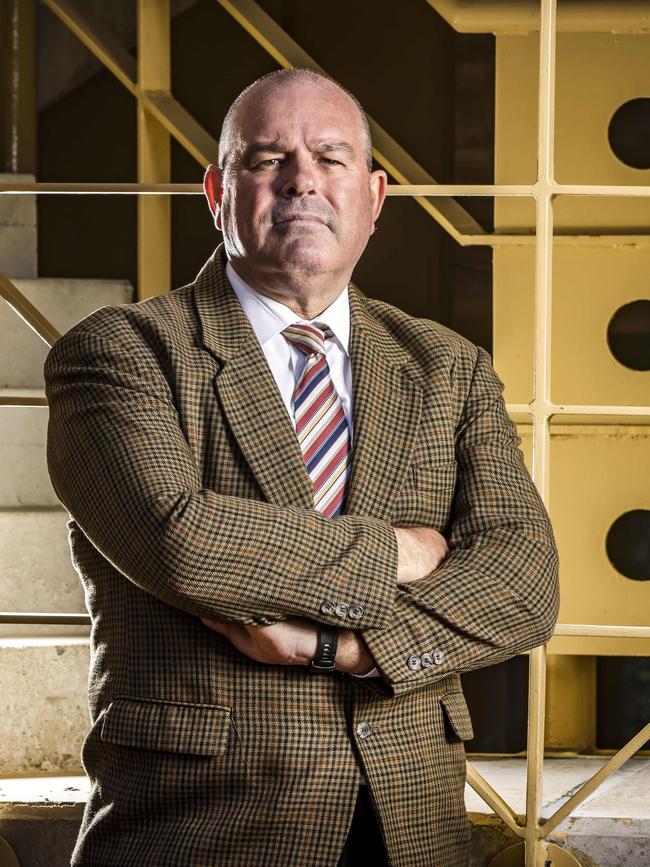
The presumption of innocence has been shredded in the trial by media that has followed. This can be traced back to the #MeToo campaign, where public allegations of sexual assault have seen a reversal of the presumption of innocence, where those accused are seen as guilty until the opposite is shown.
In these instances, there is no room for testing the rigour of the evidence against the accused.
The ACT Director of Public Prosecutions, Shane Drumgold, when giving evidence to the Sofronoff inquiry, criticised police for wanting to ask the complainant about inconsistencies.
“My position was if there’s any inconsistency it should be left for defence,” Drumgold said.
It is not the job of detectives to deliver a half-done brief to the DPP.
It is their job to conduct all investigative inquiries, including those that may diminish a complainant’s version if there are ambiguities or inconsistencies in the version.
Walter Sofronoff KC, who led the Lehrmann inquiry, summed up the role of the police in the criminal justice system. “In terms of police … they are impartial providers of information for the benefit of the tribunal of fact, the jury and the judge.”
In the Lehrmann matter the DPP claimed police “over-investigated” the claims of the complainant. This is a ridiculous notion.
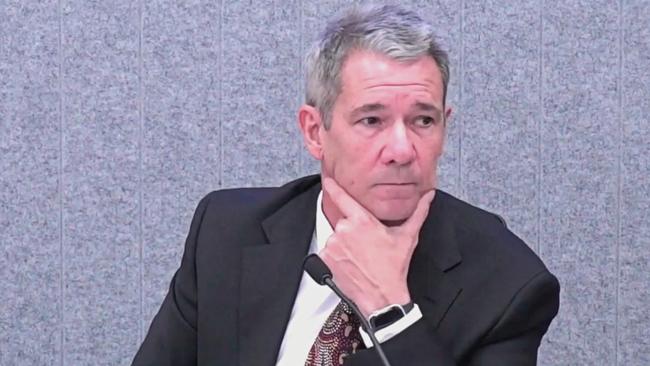
Is the suggestion that even if police note inconsistencies, they should just ignore them and hope justice gets done in the court proceedings later? This is a staggering proposition.
Perhaps the origins of these thought processes can be found in international campaigns, such as Start by Believing, which is aimed at ensuring victims of sexual assault are believed.
Hundreds of sexual assault support services have adopted this international campaign. But this campaign has mutated into a groupthink of continuing to believe, even in the face of cogent evidence, there are problematic issues with the complainant’s version or ultimately that the defendant is innocent.
Such an approach is incompatible with the aims of the criminal justice system, one of which is the search for truth.
A competent investigator will seek evidence to support such a version as put forward by a complainant.
Where the evidence does not support the version then yes, you do need to seek clarification from the complainant, otherwise the investigator will be dismissed as incompetent at trial.
Eminent English jurist William Blackstone wrote “better that 10 guilty persons escape, than that one innocent suffer”. This notion has been turned on its head by the #MeToo movement, where in the area of sexual assaults it is seen as acceptable to reduce the protection of the innocent in the pursuit of the guilty.
Such miscarriages are seen as little more than collateral damage in the worldview of #MeToo, where all complainants must be believed to the bitter end.
This is evidenced by the comments of a number of judges in The Australian last week who observed that matters were now proceeding to court where there was no reasonable prospect of conviction. Police and prosecutors are now so risk-averse to criticism from victim support groups that they shovel responsibility to the jury to end matters that should never have gone to court in the first place.
Where does this leave victims who have their hopes raised only to be dashed in the harsh reality of evidence-based decisions of the criminal justice system? Where does it leave defendants who clearly should never have been charged?
The fears are well grounded. When I dared to merely post a link to the unanimous High Court decision to quash George Pell’s conviction for historical child abuse matters, I was met with public attacks.
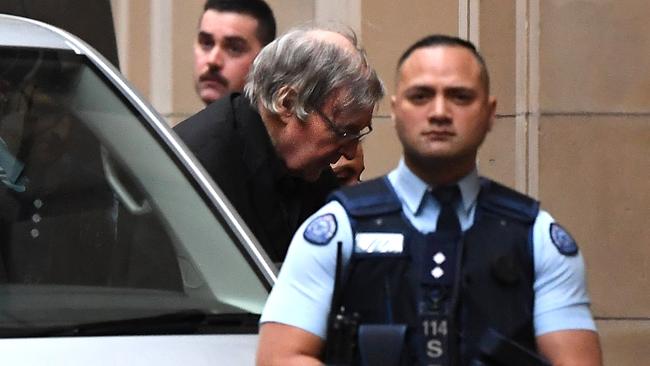
I was told by a victims service I had worked with for 10 years that I would be subject to an inquisition as my post was a “conflict of interest”.
The intolerance of the rule of law was there for all to see.
We need to ensure that the principles of our criminal justice system are defended with vigour. The accused are presumed innocent until proven guilty; their guilt must be proved beyond a reasonable doubt; these are immutable foundations of our system of justice.
We need our criminal justice system to be fearless in the face of a baying mob to ensure truth and fairness guide the outcomes otherwise justice becomes an empty word.
Terry Goldsworthy is associate professor of criminal justice at Bond University and was a former Queensland detective inspector for 28 years.

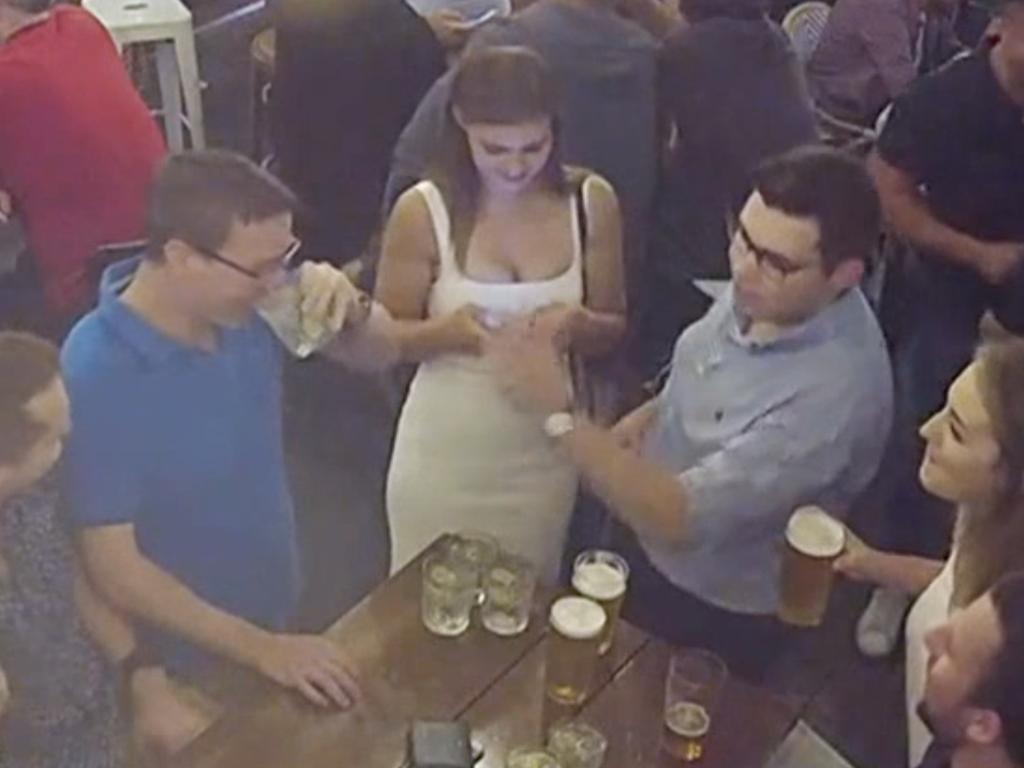


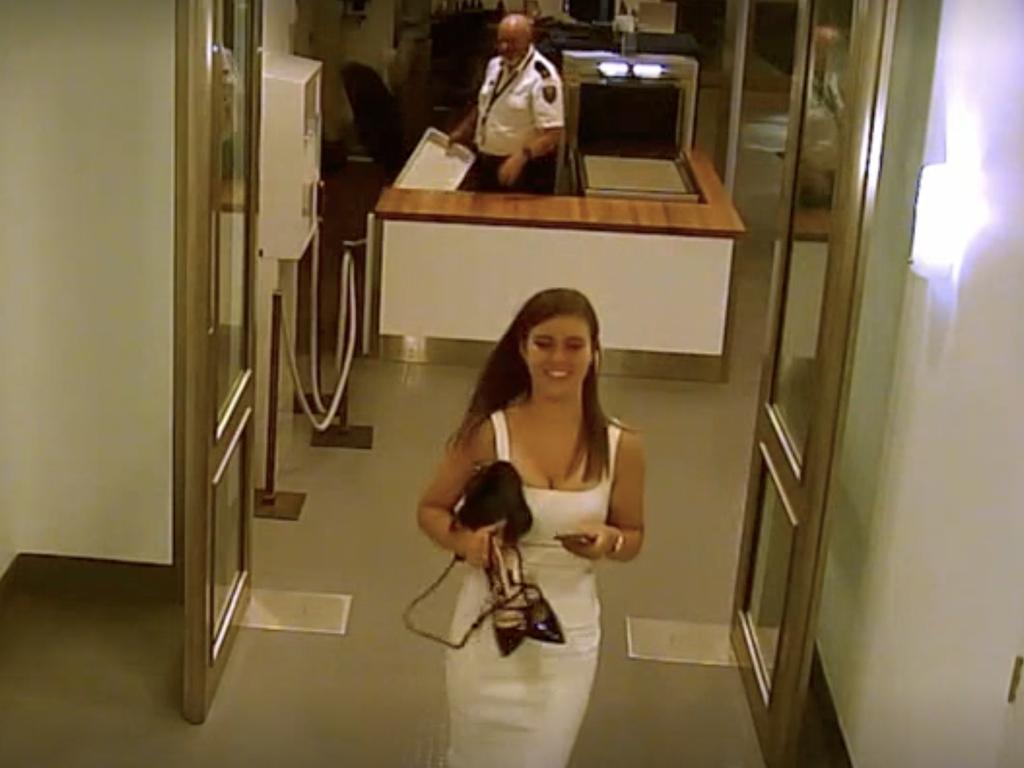

As a former detective inspector and an academic in the field of criminal justice, I have watched with concern in recent times the erosion of basic principles within our criminal justice system. And these concerns have only deepened as the inner machinations of the Bruce Lehrmann matter have become public.